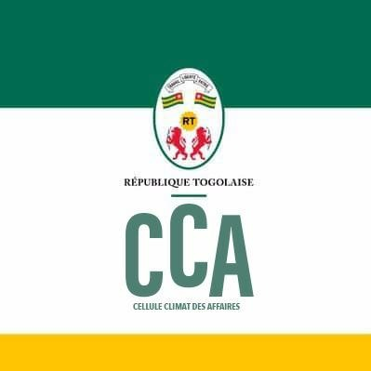Decentralization: This is how Togo’s communities financed themselves since 2019

(Togo First) - In 2019, Togo fully started its decentralization, holding municipal polls for the first time. In this article, Togo First looks at how the country’s territorial communities financed themselves and how they spent their budget since that year.
At the dawn of the decentralization era in Togo, in 2019, a record was set by the nation’s territorial communities. They mobilized CFA21.4 billion in their resources, mainly from taxes, duties, and other fees instituted by or for local authorities. In detail, these included part of all of the patent, registration and stamp duties, housing tax, land tax, single professional tax (TPU), tax on gambling, quarrying and mining royalties, tax of fuel sold at the pump (in gas stations), tax on public road congestion, tax on advertising, etc.
In 2020 and 2021, territorial communities mobilized less own resources: about CFA14.3 billion and CFA16.4 billion respectively. They were pulled down by the pandemic but later grew as Covid restrictions started being lifted in the second half of 2021.
The FACT, a key contributor
It should be noted that Togo’s new territorial communities financed most of their first budget on their own (via the tax regulatory authority or OTR). It wasn’t until 2020 that they received “substantial” support from the government, through the Territorial Communities Support Fund (FACT).
That year, the FACT provided territorial communities with more than CFA2.6 billion; this breaks down into CFA2 billion for investment credit and CFA634.6 million for operational expenses. In 2021, the Fund tripled its financial support to the communities, with a package of CFA6.25 billion. Over the period, funds provided to cover operational expenses surged by 97%, from CFA634.6 million to CFA1.2 billion.
According to the government, the money helped communities clear compulsory expenses such as arrears, compensation of municipal councilors, and rents.
Regarding investment spending, the FACT raised the bar from CFA2 billion in 2020 to CFA5 billion in 2021. It went even farther this year, providing CFA6.2 billion to communities for the past semester. The figure was disclosed last Friday, by the minister of decentralization, Payadowa Boukpessi.
While the FACT is far ahead of financial and technical partners (FTPs) when it comes to financing local communities’ budgets (ed. Note: the latter spent CFA460 million over the three years reviewed), the FTPs’ off-budget contribution is significant. Germany, for example, deployed a massive program to support decentralization and local governance (ProDeGoL).
How were the mobilized resources used?
Over the past three years, the new communities used most of the funds they secured to acquire goods and services, reinforce their staff, and partly on investments.
In 2021, for example, 75% or CFA18.8 billion of their total spending (CFA23.9 billion) went to operational expenses. Out of this amount, 10.8 billion was used to purchase goods and services, and 6.5 billion covered staff expenses. Meanwhile, salary and related expenses soared by more than 70% since 2019.
In terms of investments, the communities spent 4.8 billion in 2019, 2.9 billion in 2020, and 5 billion last year.
Fiacre E. Kakpo

















